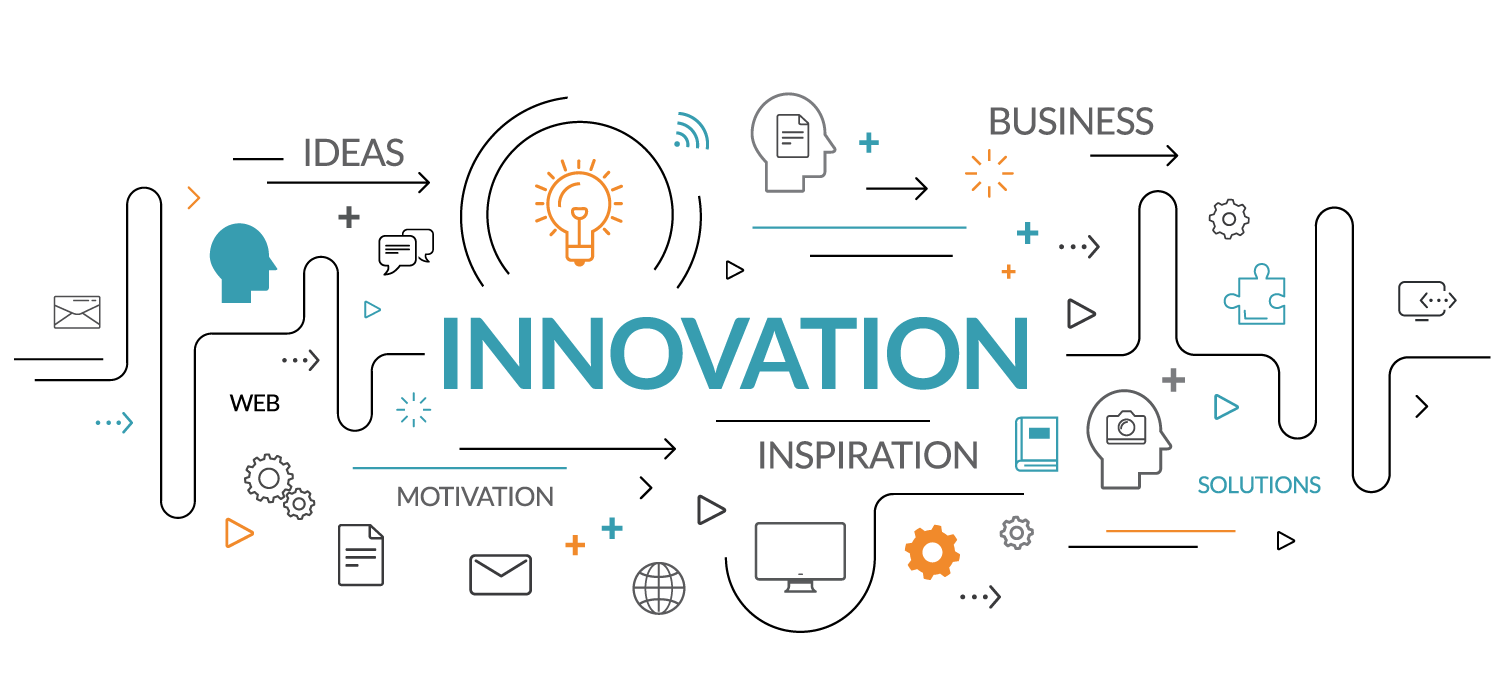13 minutes read
What Every MedTech CEO Should Know About Unlocking the Potential of AI in Commercialisation

Artificial Intelligence (AI) is revolutionising the MedTech industry, offering significant opportunities to enhance commercialisation strategies. As a MedTech CEO, understanding how to effectively integrate AI into your business operations is crucial for maintaining a competitive edge.
Here are key considerations to unlock AI’s potential in commercialisation:

1. Leverage AI for Market Entry and Expansion
AI-driven data analysis enables precise market entry strategies by identifying emerging trends, regulatory requirements, and customer needs. Platforms like Vamstar’s Polaris facilitate this by seamlessly integrating data across healthcare markets, enabling MedTech companies to map, track, and analyse policy landscapes and evidence bases. This alignment with market demands and sustainability frameworks, such as Value-Based Procurement (VBP) processes, ensures companies can address both immediate and long-term goals.
Empowering Market Access through Agentic AI takes this a step further. Agentic AI is an advanced, autonomous solution designed to support market access teams at local, regional, and global levels. By autonomously gathering, mapping, tracking, and analysing essential evidence bases and policies, it provides dynamic insights and actionable intelligence. This enables teams to make informed decisions and drive value-based procurement strategies with unparalleled precision.
Key Features of Agentic AI:
- Autonomous Evidence Mapping: Using Vamstar’s Polaris, clinical evidence is independently collected, classified, and synthesised, forming a strong foundation for strategic decision-making.
- Policy Intelligence: Vamstar’s Polaris continuously monitors and evaluates regulatory changes and policy shifts, helping teams stay aligned with the evolving market landscape.
- Global Market Surveillance: Polaris aggregates data from over 86,000 buyers across more than 100 countries, delivering a comprehensive view of global market dynamics.
Benefits:
- Optimised Market Access: Delivers real-time insights into evidence and regulatory landscapes, streamlining market entry and expansion.
- Increased Operational Efficiency: Automates data collection and analysis, reducing manual effort while improving accuracy.
- Strategic Decision-Making: Provides data-driven insights that align with organisational goals and market forces, driving sustainable growth.
Applications:
- Value Mapping: Maps value and pricing dynamics autonomously across payer landscapes, integrating data from diverse markets and sources.
- Sustainability Monitoring: Tracks and evaluates industry-wide sustainability initiatives, ensuring seamless integration with ecosystem partners.
- Value-Based Procurement (VBP): Facilitates VBP adoption by providing clarity on contract outcomes, improving operational efficiency, and aligning cost-of-care criteria with purchasing decisions.
Agentic AI revolutionises traditional market access strategies by autonomously driving insights and aligning organisations with the evolving demands of global markets. Opinion leaders highlight that delaying AI adoption or underestimating its value can leave companies behind in a fast-evolving market.
2. Streamline Operations and Decision-Making
Implementing AI can optimise various operational aspects, from supply chain management to sales forecasting. AI algorithms predict demand, manage inventory, and streamline logistics, resulting in increased efficiency and reduced costs. Industry leaders suggest that the integration of AI in these areas allows companies to remain agile and responsive, avoiding common pitfalls like resource mismanagement and operational silos.

3. Foster Innovation in Product Development
AI facilitates accelerated innovation by analysing complex datasets, such as patient outcomes, clinical trial data, and real-world evidence, to identify new product opportunities and improvements. These datasets provide insights into unmet needs, treatment efficacy, and market dynamics, enabling companies to innovate with precision and confidence.
Generative AI, for instance, can assist in designing novel medical devices or enhancing existing ones by enabling advanced simulation, rapid prototyping, and predictive modelling. These capabilities allow teams to explore numerous design iterations quickly, optimise device performance, and predict real-world outcomes, ensuring your product offerings remain at the forefront of technological advancement.
According to Deloitte’s survey, 42% of MedTech executives report significant benefits from AI in product development, including cost reductions and new revenue streams. Leaders also emphasise that AI-driven collaboration across R&D, production, and marketing teams accelerates innovation, ensuring adaptability in a fast-evolving market.

5. Invest in AI Talent and Culture
Building a team with AI expertise is vital for successful implementation. To operationalise this:
- Conduct a Skills Gap Analysis: Assess your organisation’s current AI-related skills and identify areas that need development.
- Hire Strategically: Recruit professionals with expertise in AI technologies, data science, and industry-specific applications. Consider hiring an AI-focused Chief Innovation Officer or forming an advisory board with AI experts.
- Invest in Training Programs: Provide ongoing training for existing employees to build AI literacy and upskill in areas like data management and AI ethics.
- Foster Cross-Functional Teams: Encourage collaboration between technical, operational, and strategic teams to ensure AI initiatives align with business goals.
- Promote a Culture of Innovation: Implement programs that reward innovative uses of AI, such as hackathons or internal AI competitions.
- Leverage External Partnerships: Collaborate with universities, research institutions, or AI-focused organisations to stay updated on the latest technologies and methodologies.
- Evaluate Progress and Impact: Regularly measure the success of AI initiatives in achieving business goals using KPIs.
6. Avoid Common Pitfalls in AI Implementation
Avoiding common missteps in AI implementation is critical for success. Overestimating AI capabilities or underestimating the importance of data quality can lead to inefficiencies and missed opportunities. Leaders caution against waiting for perfect conditions to adopt AI, advocating instead for phased implementation strategies that adapt to evolving business needs and technological advancements.
Vertical-specific AIs, such as Vamstar’s Polaris, tailored to address specialised challenges, offer transformative potential. These solutions not only improve operational efficiency but also deliver actionable insights that align closely with market demands, ensuring a competitive edge in dynamic environments. By focusing on incremental deployment and aligning AI solutions with specific business objectives, organisations can maximise the value of their AI investments while minimising risks.
7. Incorporate AI in Sustainability Efforts
AI tools can optimise resource usage, reduce waste, and streamline operations in line with sustainability goals. This is particularly relevant for Value-Based Procurement (VBP) processes, where AI helps align commercial activities with environmental and social objectives. Advanced AI capabilities, including AI-driven ESG reporting and resource tracking, enable MedTech companies to meet sustainability goals while enhancing operational efficiency.
8. Optimise Pricing Strategies with AI
Pricing is a core focus for MedTech and pharmaceutical companies, and leveraging AI in pricing processes offers transformative potential. AI-powered tools analyse vast datasets, including market trends, competitor pricing, and historical sales data, to develop dynamic pricing models that adapt to real-time conditions.
Key Benefits:
- Improved Accuracy: Advanced machine learning algorithms identify patterns and predict market behaviours, ensuring precision in pricing strategies.
- Increased Efficiency: Automation accelerates decision-making, enabling rapid adjustments to market changes with optimised pricing.
- Enhanced Profitability: AI balances competitiveness with profitability, ensuring that pricing strategies maximise margins while remaining attractive to customers.
Applications:
- Dynamic Pricing Models: Adjust prices in real time based on market demand and competitive positioning.
- Revenue Optimisation: Use predictive analytics to identify optimal price points that maximise revenue and market share.
- Contract Pricing Support: Streamline and harmonise pricing across contracts, ensuring consistency and compliance.
Real-World Impact: Implementing AI-powered pricing solutions has shown measurable success. For instance, companies have reported significant improvements in bidding success rates and margin optimisation by adopting AI-driven tools. These capabilities not only improve profitability but also foster strategic decision-making that aligns with organisational goals.
By integrating AI into pricing strategies, MedTech and pharmaceutical companies can navigate market complexities more effectively, optimise revenue streams, and maintain a competitive edge in an increasingly dynamic industry landscape.
9. Emphasise Real-World Evidence Integration
AI platforms synthesise and analyse real-world evidence (RWE) from diverse sources such as electronic health records, patient registries, and wearables. These platforms not only validate product efficacy but also enhance the credibility of regulatory submissions by integrating comprehensive, high-quality data. Additionally, they support value-based discussions with stakeholders by offering actionable insights into treatment outcomes and patient needs. By transforming raw data into structured intelligence, they enable MedTech companies to anticipate market shifts, align with payer priorities, and strengthen their competitive positioning in an evidence-driven landscape.
10. Strengthen Post-Market Surveillance
AI-driven monitoring enables the detection of adverse events, flags potential risks, and ensures strict adherence to post-market regulatory requirements. By leveraging continuous AI-powered surveillance, MedTech companies can proactively identify emerging issues, reduce response times, and maintain high standards of product safety and compliance. This capability not only safeguards patients but also reinforces trust with regulatory bodies and stakeholders, strengthening the organisation’s reputation in the industry.
Conclusion
By focusing on these critical areas, MedTech CEOs can harness the full transformative power of AI to revolutionise commercialisation, enhance operational efficiency, and foster innovation. AI is no longer just a tool; it is a strategic enabler that seamlessly integrates across all functions, driving sustainable growth and equipping organisations to proactively navigate industry shifts. With a forward-thinking and comprehensive approach, AI empowers MedTech companies to maintain their competitive edge, achieve resilience, and create a lasting impact in a rapidly evolving and highly competitive healthcare landscape.
Transform Your Organisations Growth
Our expertise and innovative solutions, are designed to empower MedTech companies to unlock new opportunities, optimise commercial operations, and stay ahead of the curve.
Get in touch with us
Please provide your details and we’ll contact you.






















